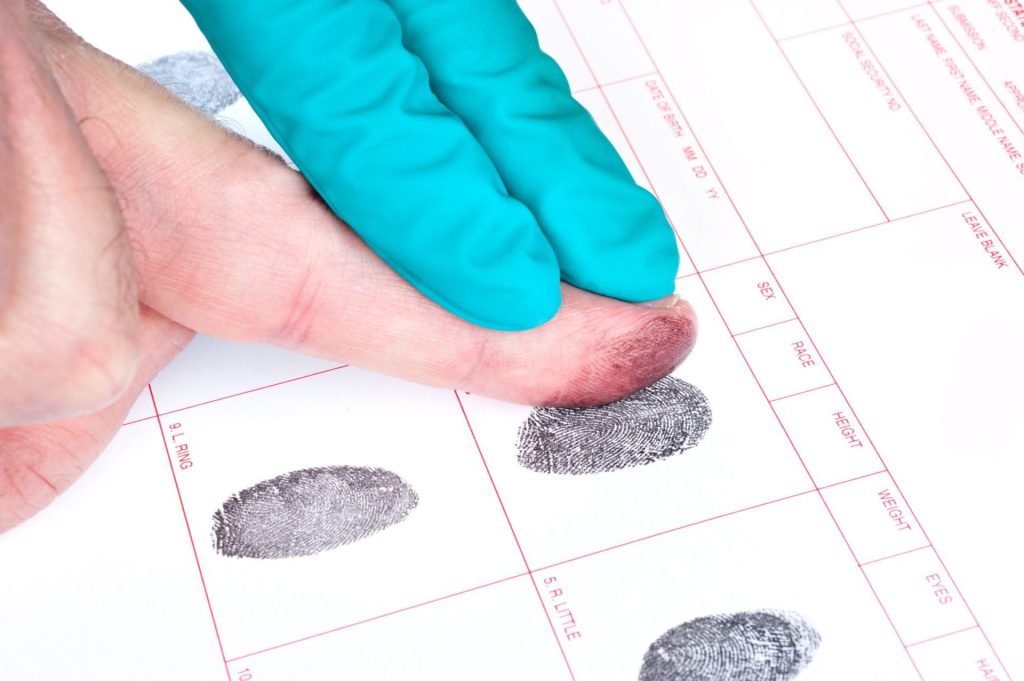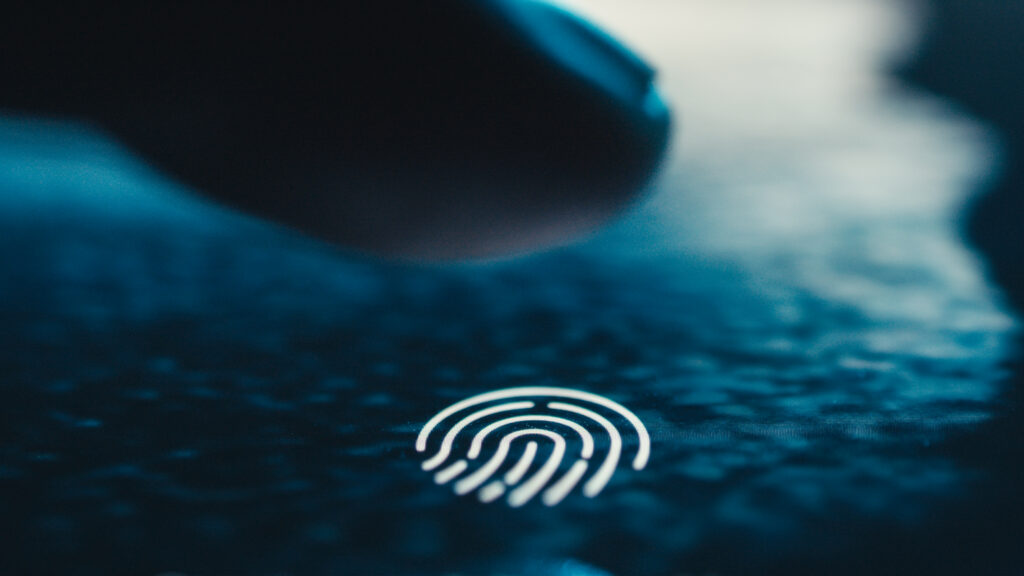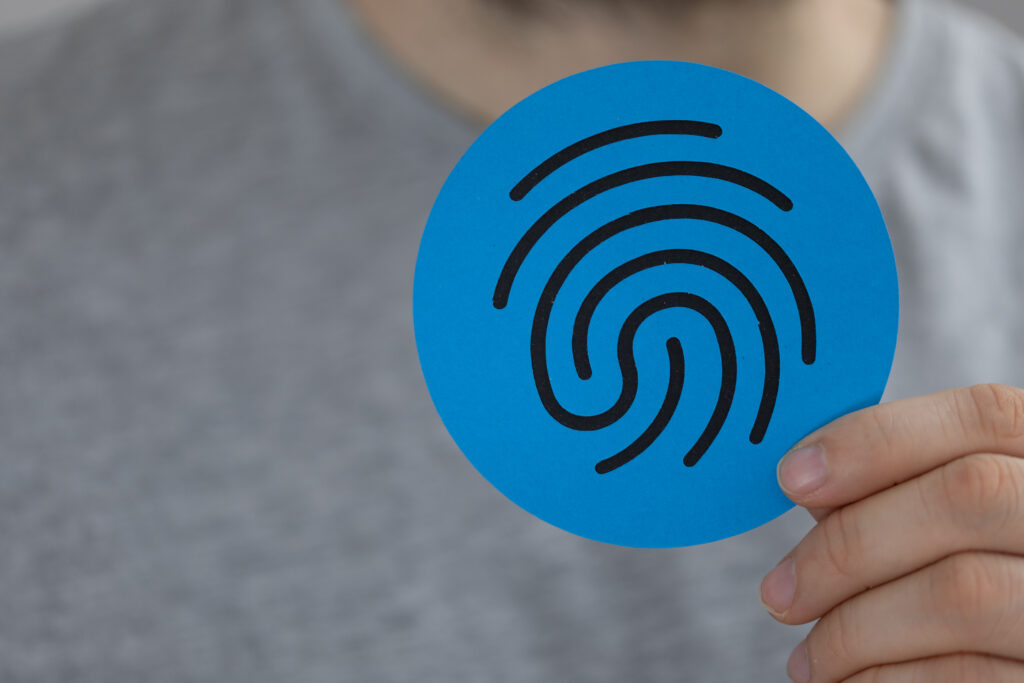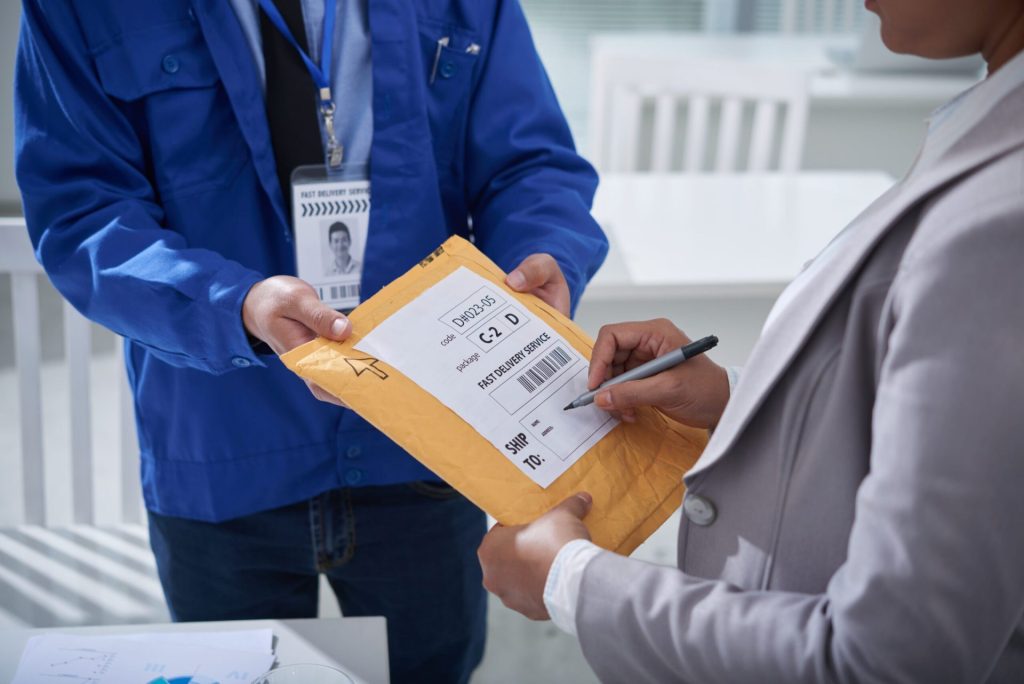Expanding Your Notary Services: How to Incorporate Fingerprinting

The role of a notary public has evolved significantly over the years, and today’s notaries are increasingly seeking ways to diversify their services and enhance their value to clients. One such opportunity is incorporating fingerprinting services, specifically live scan fingerprinting, into your notary business. This article will guide you through the process of adding fingerprinting to your service offerings, highlighting the benefits, requirements, and steps to get started. By expanding your services, you can increase your revenue, build client trust, and stay competitive in the growing notary market.
Table of Contents
Understanding Fingerprinting Services

Types of Fingerprinting Services
Fingerprinting services involve capturing and recording fingerprints for various purposes, such as background checks, employment verification, and security clearances. There are two primary types of fingerprinting: live scan and ink fingerprinting.
- Live Scan Fingerprinting: This method uses electronic means to capture fingerprints, which are then transmitted to relevant agencies. Live scan is more accurate, faster, and less messy compared to traditional ink fingerprinting. It’s widely used for background checks, licensing, and employment purposes.
- Ink Fingerprinting: This traditional method involves using ink and paper to create fingerprint cards. While still used in some situations, it’s being gradually replaced by live scan technology due to its advantages.
Common Uses and Industries
Fingerprinting is commonly required in industries such as healthcare, education, finance, and government. As a notary public, offering fingerprinting services can provide added value to clients in these sectors, as well as to individuals needing fingerprints for personal reasons, such as adoption or licensing.
Legal and Regulatory Requirements
To legally offer fingerprinting services, notaries must adhere to specific regulatory requirements, which vary by state. It is essential to research and understand the legal framework governing fingerprinting in your area to ensure compliance and avoid potential legal issues.
Benefits of Adding Fingerprinting to Your Notary Business

Increased Revenue Opportunities
Offering additional services like fingerprinting can generate new revenue streams for your business. Clients often need both notary and fingerprinting services, allowing you to bundle services and increase your earnings.
Enhanced Service Offerings and Client Satisfaction
Providing a one-stop-shop for notary and fingerprinting needs can enhance client satisfaction. Clients appreciate the convenience of accessing multiple services from a single provider, which can lead to repeat business and referrals.
Competitive Advantage
As the notary market becomes more competitive, offering specialized services like fingerprinting, especially live scan, can set you apart from other notaries. This differentiation can attract new clients and help retain existing ones.
Building Trust and Credibility
Being certified to offer fingerprinting services can enhance your professional reputation. Clients are more likely to trust and rely on a notary who provides comprehensive, certified services.
Getting Certified and Trained in Fingerprinting

Certification and Training Requirements
Each state has specific requirements for fingerprinting certification. Research your state’s guidelines to understand the necessary steps and qualifications.
Recommended Training Programs
Look for accredited training programs that provide comprehensive instruction on fingerprinting techniques, equipment usage, and legal compliance. Ensure the program covers both live scan and ink fingerprinting methods.
Becoming a Certified Fingerprint Technician
Complete the required training and pass any examinations to become a certified fingerprint technician. This certification demonstrates your expertise and commitment to providing professional fingerprinting services.
Costs and Time Investment
The cost of certification and training can vary, so budget accordingly. Additionally, consider the time investment required to complete the training and certification process, typically ranging from a few days to a few weeks.
Setting Up Fingerprinting Services

Necessary Equipment and Supplies
Invest in quality fingerprinting equipment. For live scan fingerprinting, this includes a live scan device, software, and a computer. Ensure you have all required supplies, including fingerprint cards, ink pads (if also offering ink fingerprinting), and cleaning materials.
Creating a Fingerprinting Space
Designate a specific area in your office for fingerprinting. This space should be clean, well-lit, and equipped with all necessary tools. Privacy is also important, so consider how to maintain client confidentiality during the fingerprinting process.
Legal Compliance and Privacy Considerations
Adhere to all legal requirements for fingerprinting services, including data protection and privacy laws. Ensure that all fingerprint records are securely stored and transmitted in compliance with relevant regulations.
Insurance and Liability Coverage
Obtain appropriate insurance coverage to protect your business from potential liabilities associated with fingerprinting services. This may include errors and omissions insurance or general liability coverage.
Marketing Your New Services

Effective Marketing Strategies
Develop a marketing plan that highlights the benefits of your fingerprinting services. Use clear and concise messaging to communicate the convenience and professionalism you offer.
Utilizing Online and Offline Marketing Channels
Promote your services through various channels, including your website, social media, and local advertising. Ensure your online presence is optimized for search engines to attract clients searching for fingerprinting services in your area.
Networking with Local Businesses
Establish connections with local businesses and organizations that require fingerprinting services. Offer to partner with them or provide special rates for their employees.
Promoting Through Existing Notary Network
Leverage your existing client base and professional network to spread the word about your new services. Send out newsletters, update your business cards, and inform clients during notary appointments.
Pricing Your Fingerprinting Services

Factors to Consider
Research local market rates for fingerprinting services and consider your costs, including equipment, training, and overhead. Set prices that reflect the value you provide while remaining competitive.
Creating a Pricing Structure
Develop a pricing structure that includes individual service rates and package deals. Consider offering discounts for bulk fingerprinting requests or repeat clients.
Communicating Pricing to Clients
Clearly communicate your pricing to clients through your website, marketing materials, and during consultations. Transparency in pricing helps build trust and avoids misunderstandings.
Providing Excellent Customer Service
Best Practices for Customer Interactions
Greet clients warmly, explain the fingerprinting process, and address any questions or concerns they may have. Professionalism and courtesy go a long way in building client relationships.
Handling Common Client Concerns
Be prepared to handle common concerns, such as privacy issues or technical difficulties. Assure clients of the security measures you have in place and your expertise in performing fingerprinting services.
Ensuring a Smooth Process
Streamline the fingerprinting process to minimize wait times and ensure efficiency. Use appointment scheduling tools to manage client flow and reduce wait times.
Collecting and Responding to Feedback
Encourage clients to provide feedback on their experience. Use this feedback to continuously improve your services and address any areas of concern promptly.
Conclusion
Incorporating fingerprinting services, particularly live scan fingerprinting, into your notary business can significantly enhance your service offerings, increase revenue, and provide a competitive edge in the market. By following the steps outlined in this article, from understanding the services and getting certified to setting up and marketing your new offerings, you can successfully expand your business and meet the growing needs of your clients. Take the first step today and explore the potential of adding fingerprinting services to your notary business.






Responses